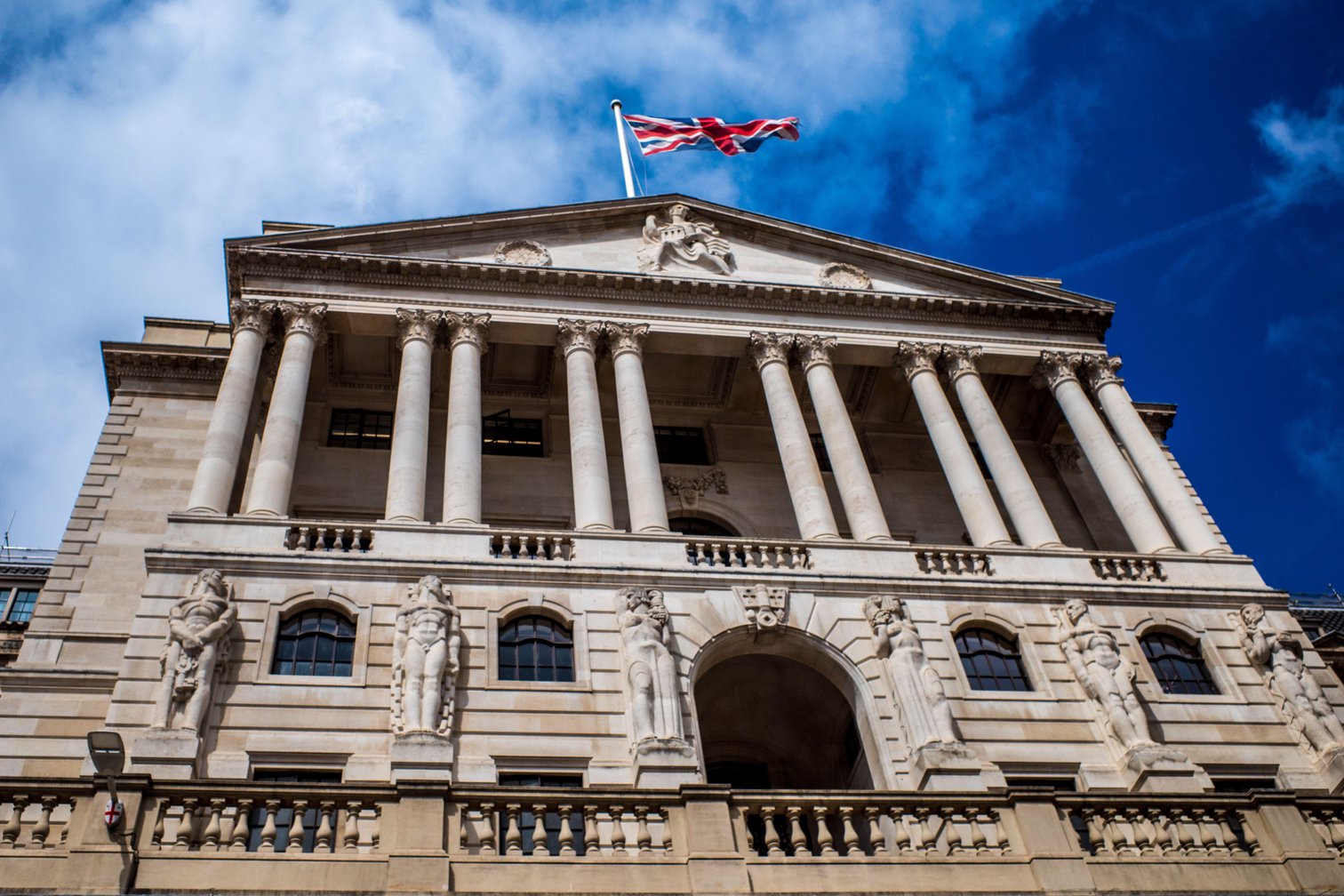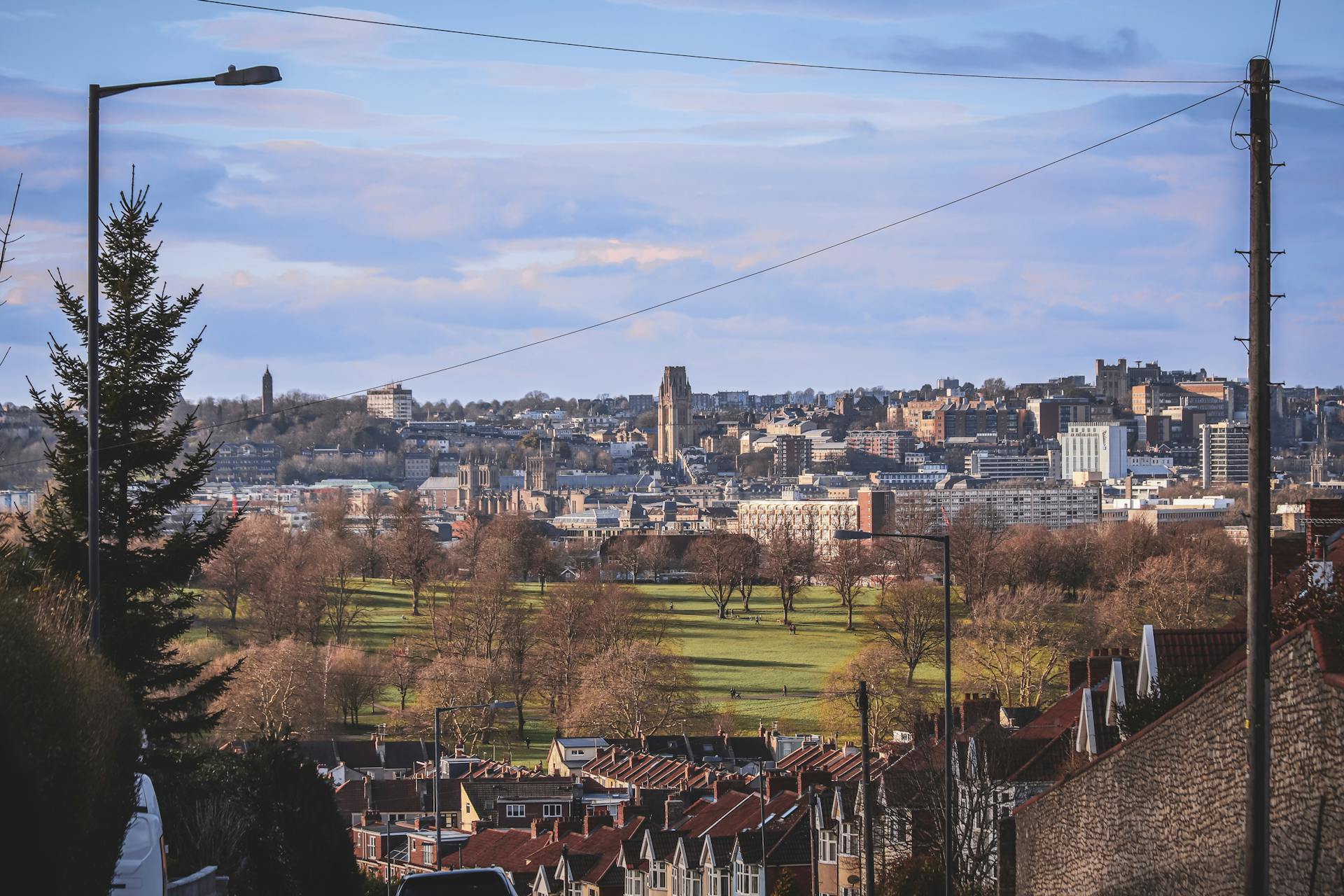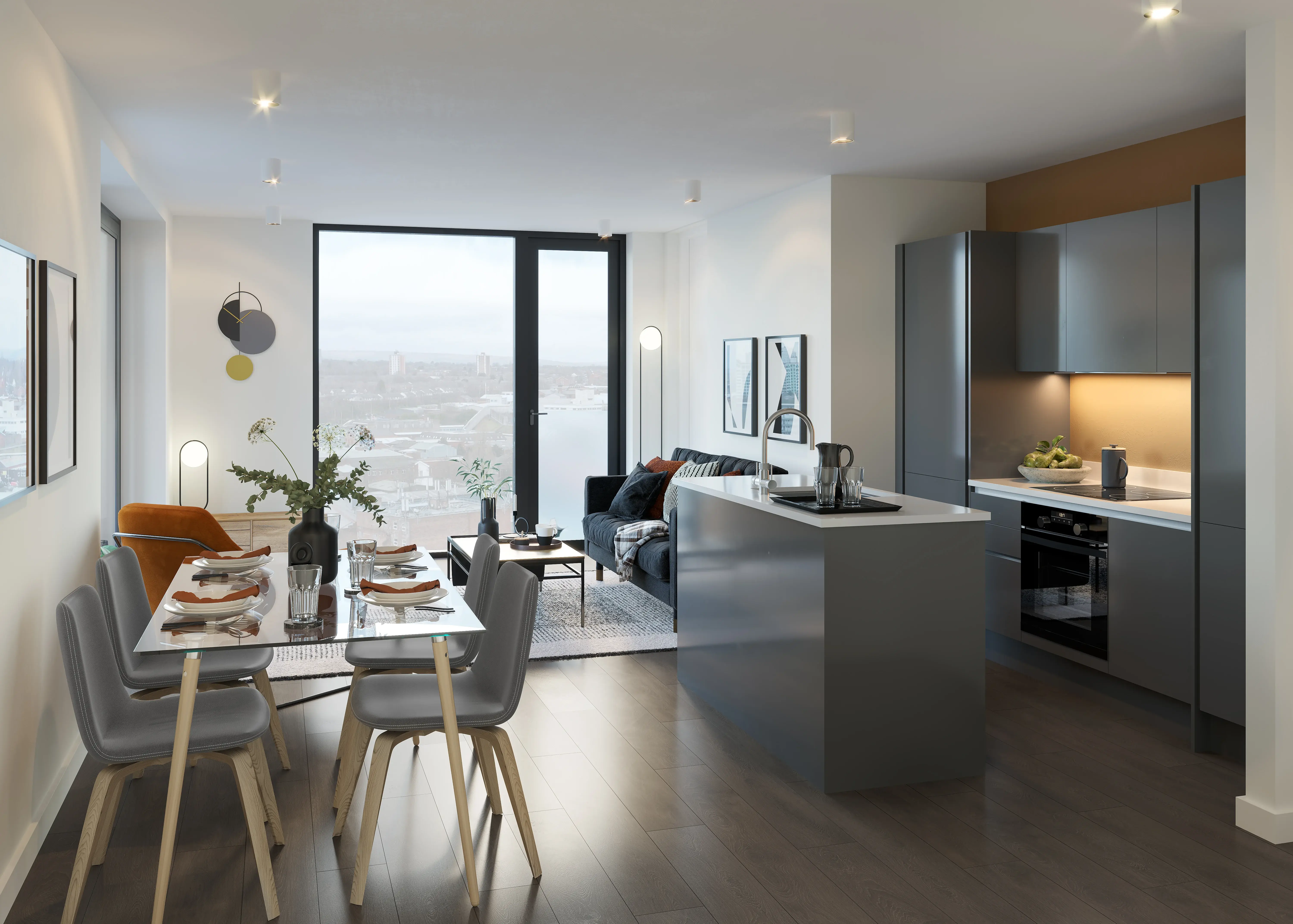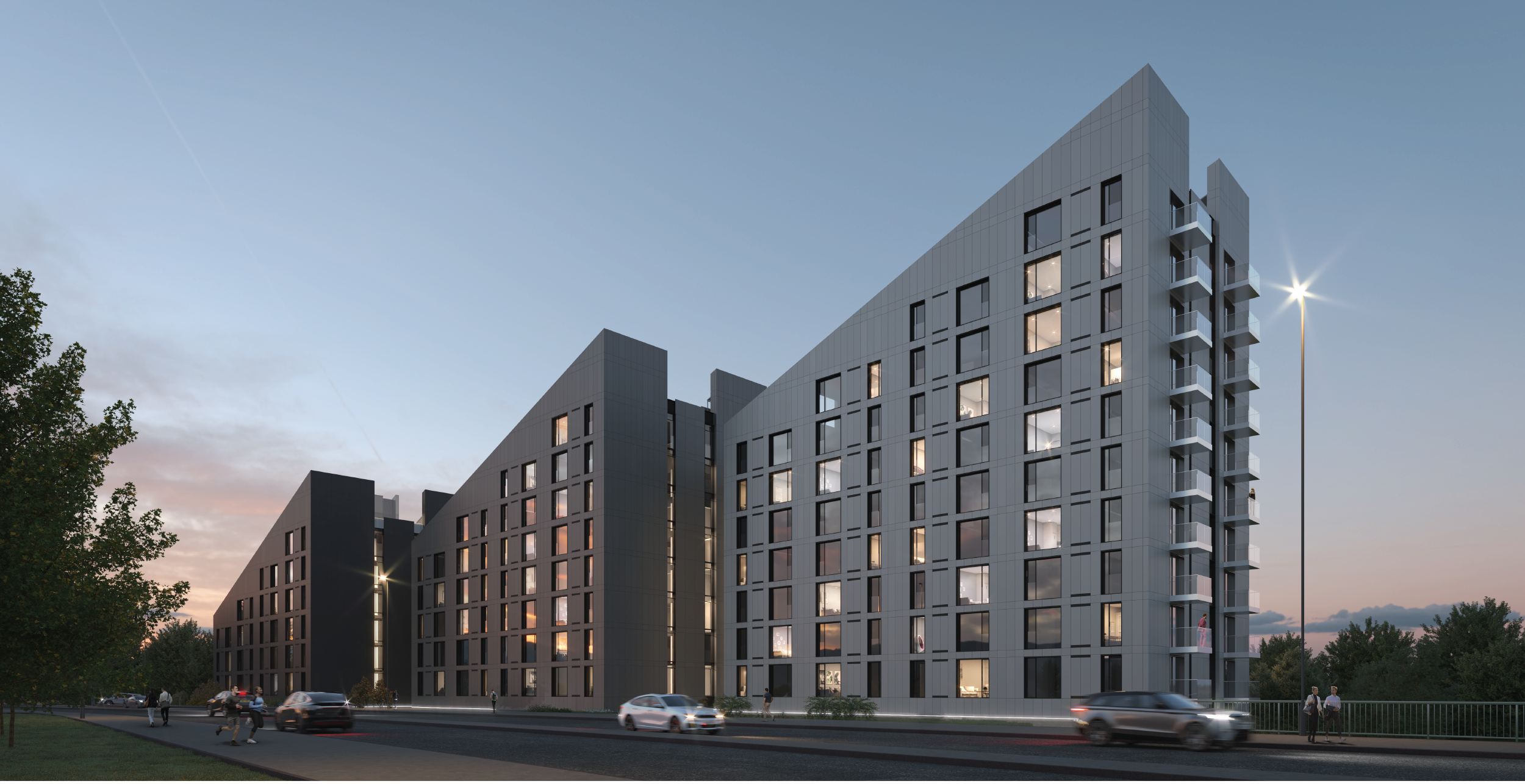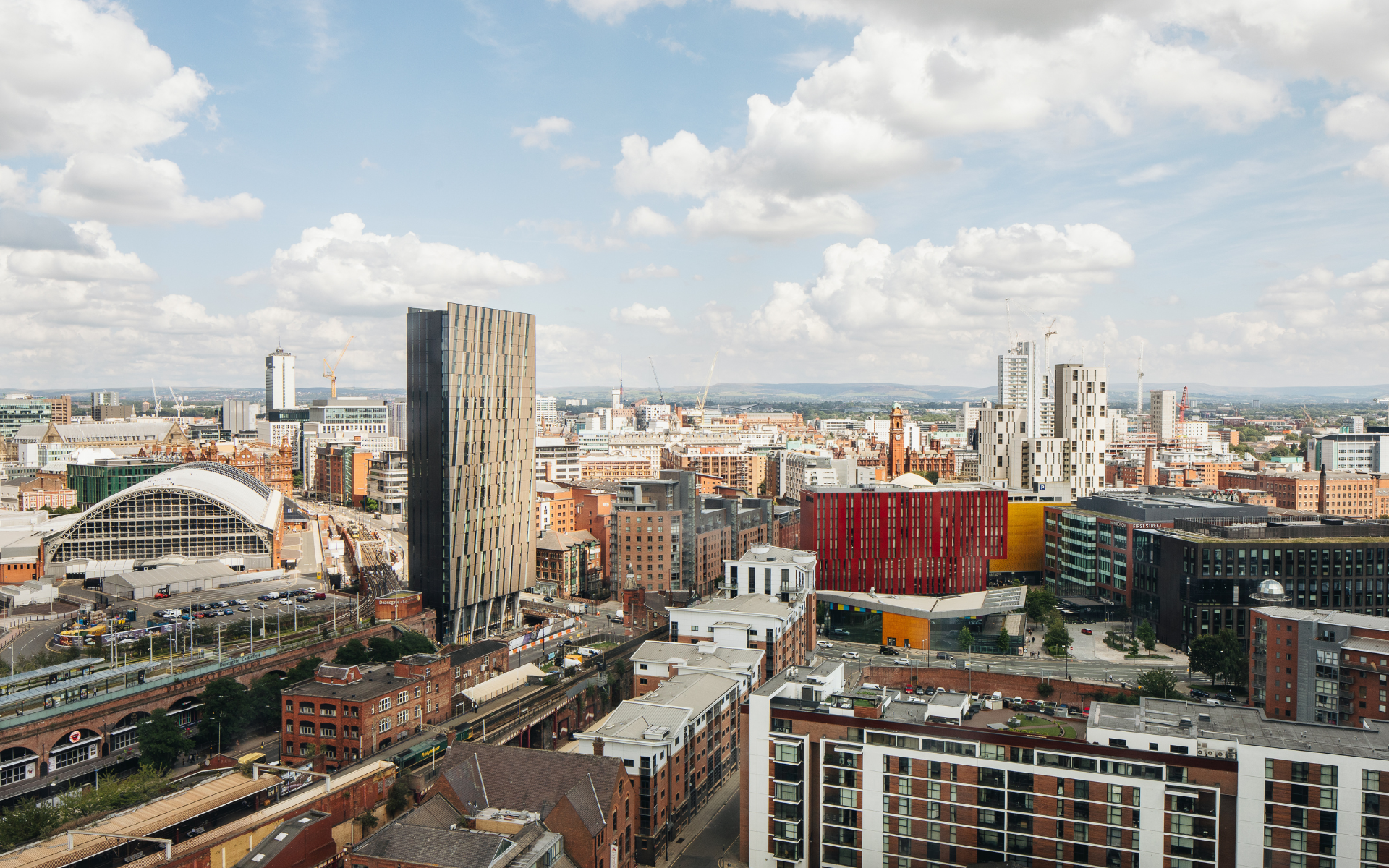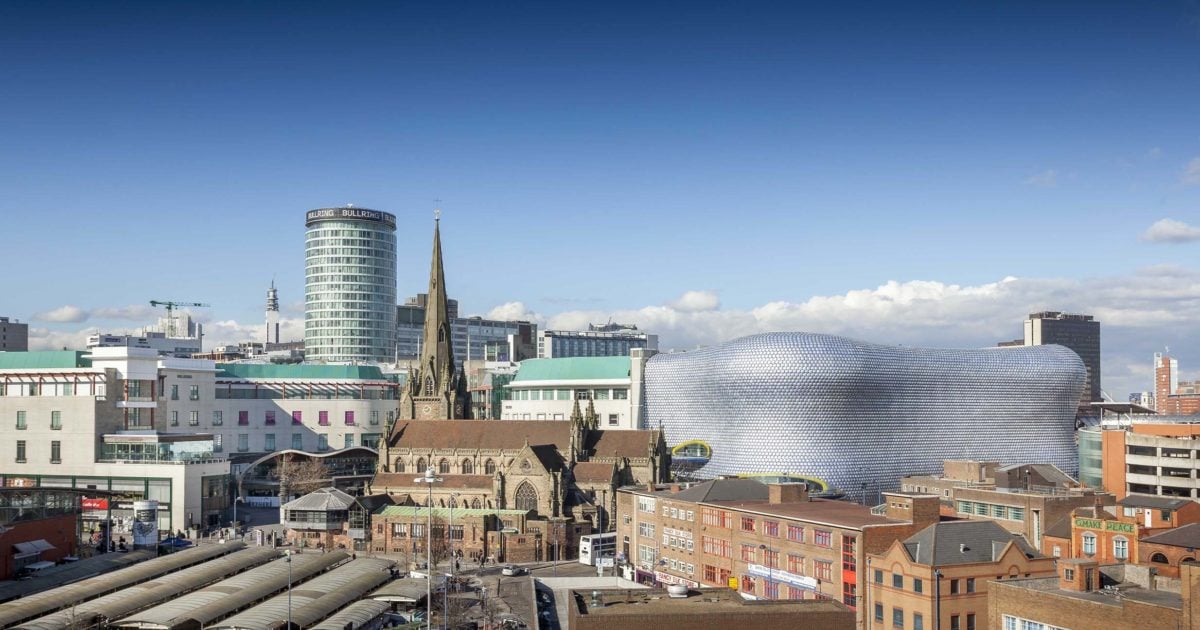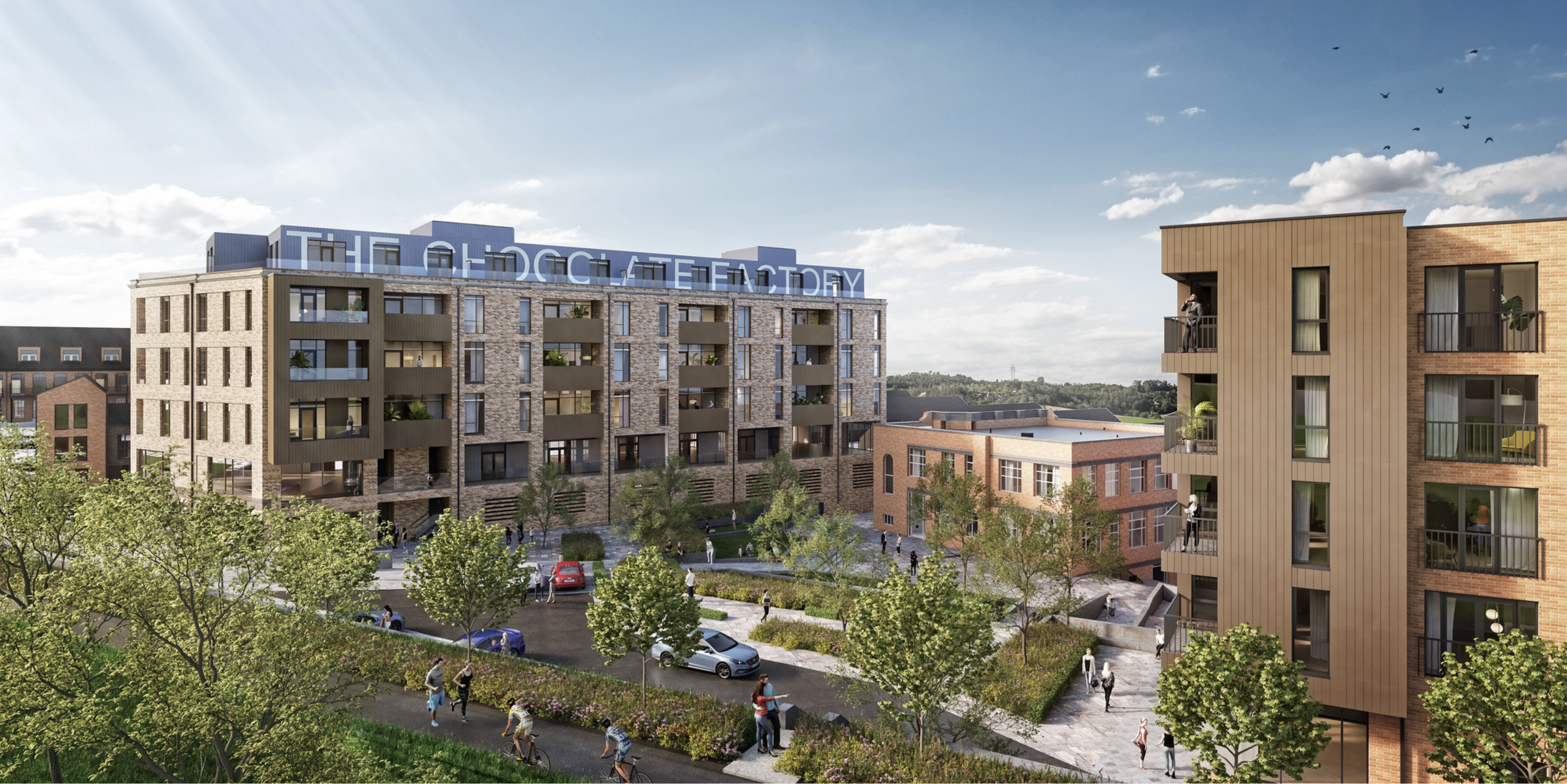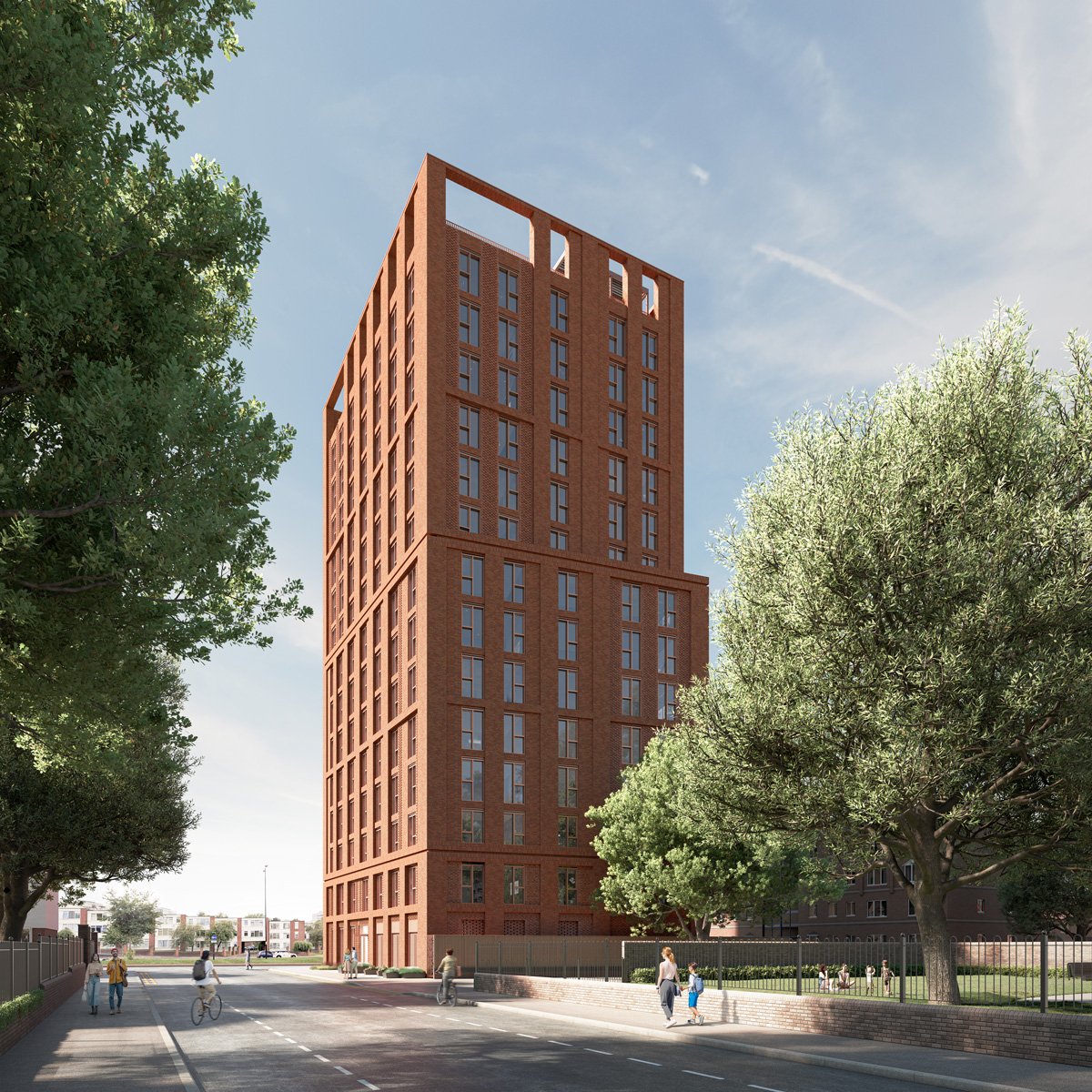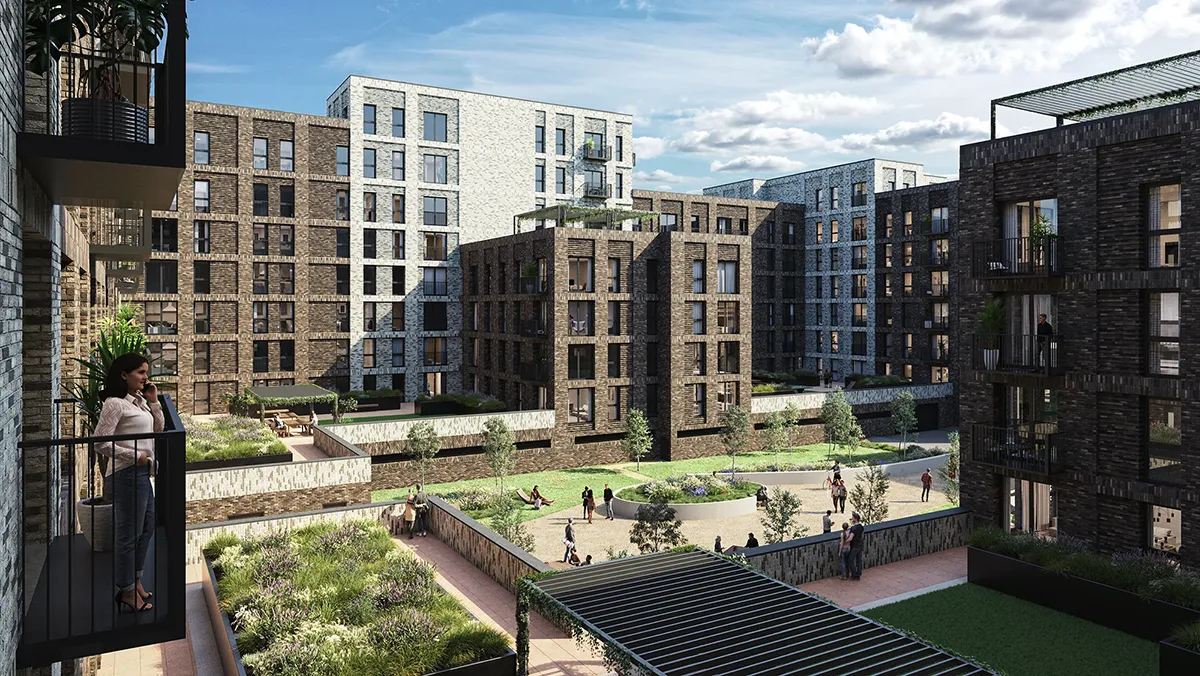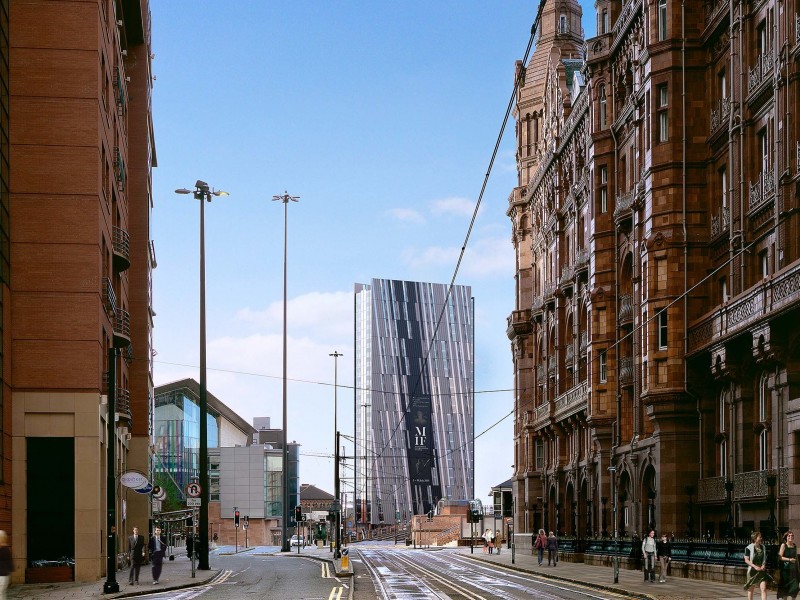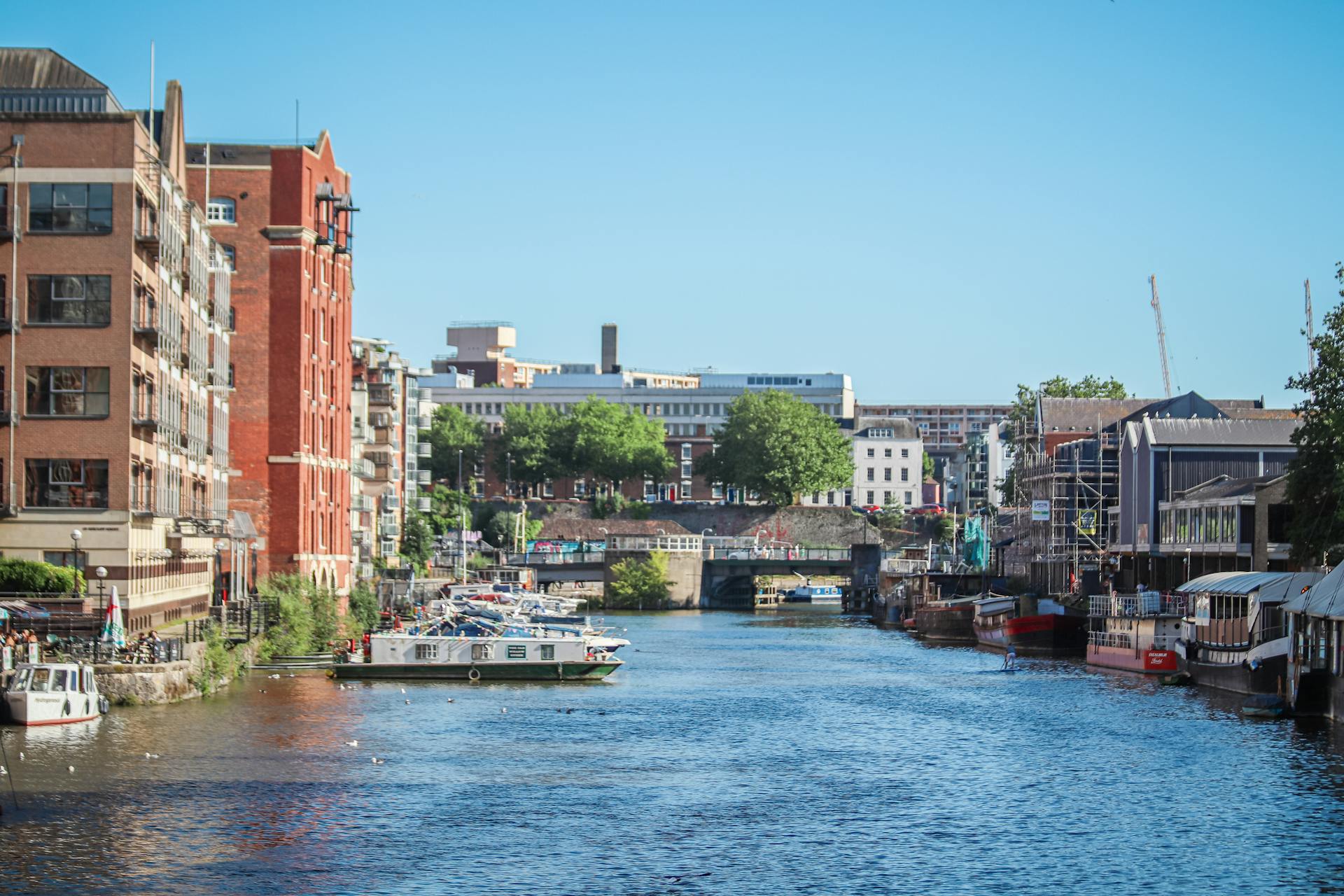What’s behind Birmingham’s property growth?
A city with a rich industrial heritage and birth place of some of the world’s most famous brand names – including Cadbury - Birmingham is famous for a number of reasons and is now being recognised for its economic innovation. The city has had something of a resurgence in the past decade or so. In fact, in the 2017 Good Growth for Cities index, it was declared the fastest improving city across the whole UK, measured on work-life balance, transport, income and health.
In 2018, the same report placed Birmingham in the top five improving areas to live, stating once again that improvements to property, living standards, incomes and the local economy were important factors in encouraging more people to move into Birmingham.
In the years between 2010 and 2019, Birmingham’s population has been increasing by nearly 10,000 per year, bringing with it increased demand for property and jobs. The city has responded in kind, and more than 5,000 new homes were reportedly being built at the end of 2018. Despite the relatively fast pace of house building, it’s unlikely that these numbers will be even close to keeping pace with demand if population growth continues as it has done in recent years.
A University of Birmingham Economic Review of the city, released in 2018, also showed that job creation was rising 10%, meaning that the local economy, and especially local businesses, were rising to meet this new growth.
Student population growth
Birmingham’s student population has recently reached 80,000, thanks in part to its three world class universities: Aston University, Birmingham City University and the University of Birmingham.
Despite some worries regarding the status of EU students (There had been concerns that their protected status wouldn’t be continued post-Brexit), numbers have continued to increase across the UK and especially in the Midlands, with EU students accounting for almost 10% of the student population at Aston University and Birmingham City University, and over 20% at the University of Birmingham.
Investment into Purpose-Built Student Accommodation (PBSA) has also meant that, counter to UK trends, availability is growing in student beds across Birmingham. Greater availability has more than likely contributed to many students' decision to move to the city.
In 2016, London Economics estimated that the University of Birmingham generates £3.5bn every year to the economy, supports 15,545 jobs in the West Midlands region (with almost one in 50 jobs in Birmingham depending upon the University), and brings in an additional £1m for the economy for every eight international students that it accepts.
With the student population and PBSA provision contributing such a large amount into the local economy, it’s fair to say that Birmingham has followed the lead of cities like Manchester, which has a focus on a skilled and youthful workforce to drive its economy, in turn driving population and housing growth.
Property growth figures
Zoopla released figures earlier this year showing that Birmingham house prices have grown the most anywhere in the UK since 2016, at a staggering rate of 16%. In fact, only Manchester and Leicester came close to that growth with an annual increase of 15%.
There had been concerns that due to political uncertainty in the UK and across Europe that property prices and economic growth across the north and midlands may slow but, in fact, these concerns were realised much heavier across the south and south east of the country, with the Guardian reporting that it “was more acutely felt in southern English cities, while lack of affordability was also a major factor.”
In fact, counter to the gloomy outlook set out by economists and government ministers following the 2016 referendum result, the Northern Powerhouse cities like Manchester, Leeds and Sheffield, as well as cities in the Midlands like Birmingham, Nottingham and Derby, saw healthy growth over this period.
Indeed, it has been apparent for some time that affordability issues were causing something of a brain drain from the southern cities in the UK up to the north and midlands, fueling the population growth described previously.
Whilst it remains true that many graduates initially migrate to London to seek work, a BBC report from March noted that many more are leaving the capital. Actually, they estimate that over half a million have left London for other areas of the UK in the past decade alone.
Whilst their aren’t accurate figures to suggest exactly which cities these Londoners move to, we can see from recent population growth statistics that many move towards Birmingham, the midlands and the north west.
Commonwealth games
Another factor fuelling the growth within Birmingham is the fact that the city will host the 2022 Commonwealth Games, creating a huge feel-good factor, as well as a boom to the local economy via tourism.
Birmingham City Council have announced that they plan to invest £778m into the local economy in order to deliver the games.
This should mean that transport and local infrastructure will be invested in heavily, and will improve the standard of living around the city as well as creating wealth and jobs.
Mims Davies MP, Minister for Sport and Civil Society said: “The Birmingham 2022 Commonwealth Games will be the biggest sporting and cultural event ever held in the city. Watched by one and a half billion people worldwide, this is a massive opportunity to showcase the best that Birmingham, the West Midlands and the whole UK has to offer.
“The Games budget is a significant investment in Birmingham and the region that will deliver benefits to local people for years to come. It will increase participation and encourage more people to get active and stay active, and to volunteer to be part of this fantastic event 10 years on from London 2012.”
Conclusion
At the core of what Birmingham hopes to achieve is a determination to copy the examples of other leading regional cities like Manchester, Sheffield and Leeds.
A skilled labour force, along with world-leading infrastructure and transport, should mean that business will thrive in the city, whilst also ensuring that the industries that they seek to lead in are fit for the future.
Similarly, by encouraging its universities to provide world class education, Birmingham is growing its skilled population. Further than that, however, is the willingness to allow private investment to build fantastic facilities for students where demand is high.
All of these factors together, as well as the news that the city will host the Commonwealth Games, have meant that investment into Birmingham is in the ascendancy.
We’ve also joined those investing in Birmingham with our stunning Park Gate development, close to Birmingham city centre.
With 126 luxury apartments including studio, one and two bedrooms, Park Gate boasts excellent transport links into the city centre as well as annual rental yields of 6%. For more information about this development, please click here.
Continue Reading
